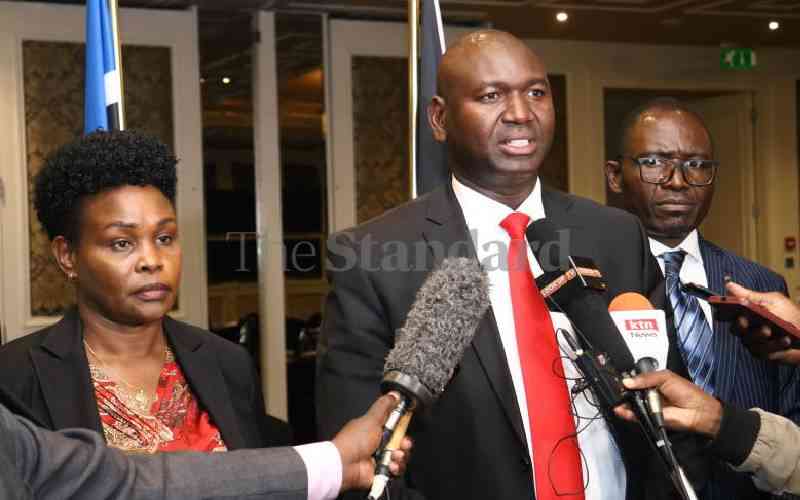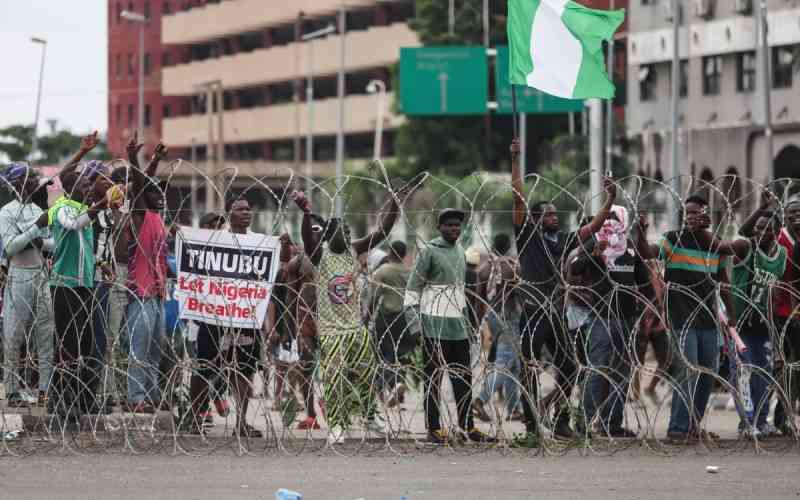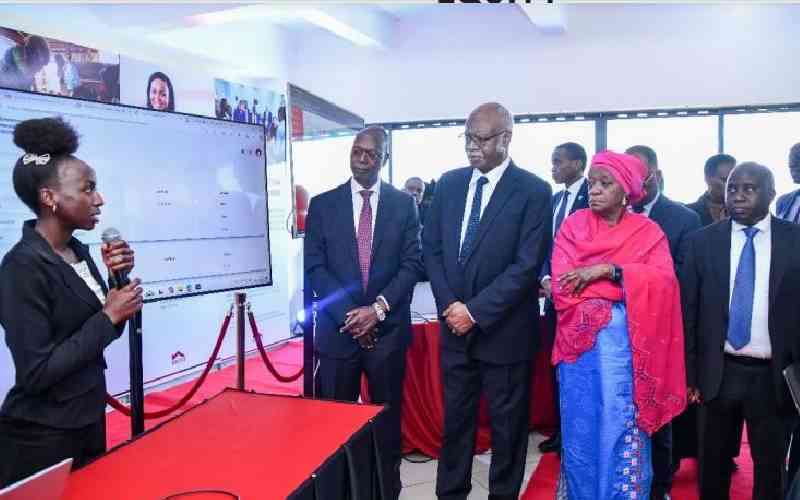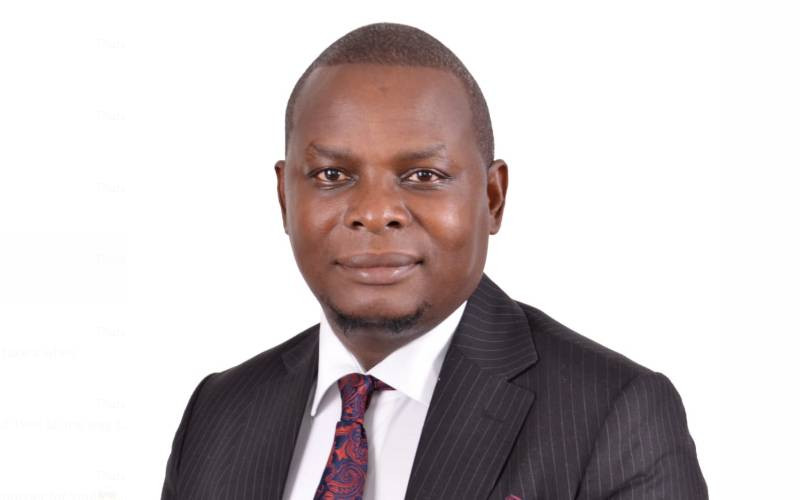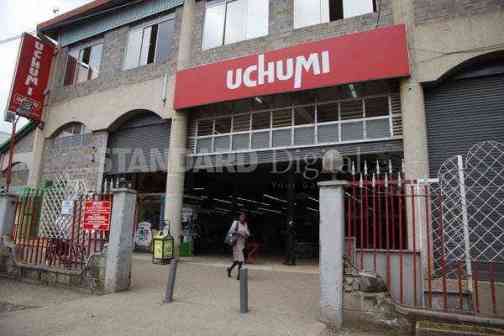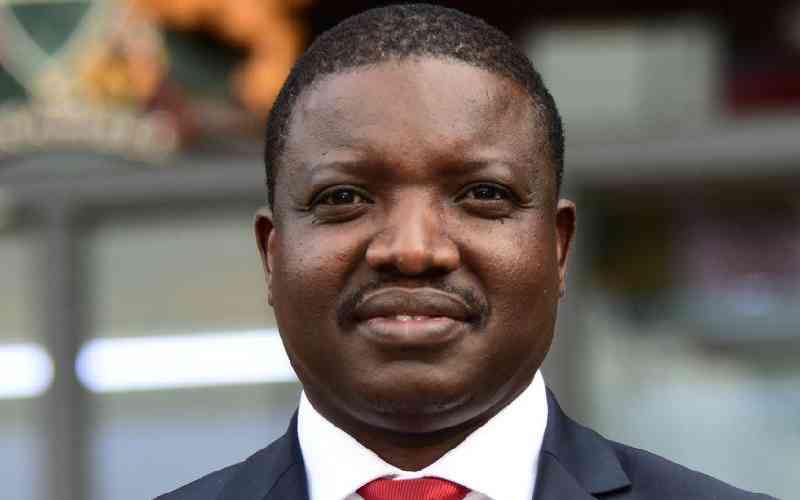
Many people associate South Sudan's fortunes with oil resources. They are partly right because the country has immense oil potential with the latest statistics pointing to 3.5 billion barrels of oil, making it the singular contributor to the economy in the past.
What many do not know, however, is that many other factors will ensure sustainable development for South Sudan. For instance, South Sudan has other natural endowments besides oil. South Sudan has good investor-friendly policies, including capital mobility. The core of these pursuits for growth is the Revitalized Peace Agreement, which has held relatively well since 2018. As a result, the country is gearing towards general elections in December 2024.
While Sudan attained independence in 1956, South Sudan experienced a brutal conflict from 1955 till 1972 when a peace accord was signed in Addis Ababa, Ethiopia. Again, the second civil war resumed in 1983 and continued through 2005. That said, South Sudan attained autonomous status in 2005 following the signing of the Comprehensive Peace Agreement (CPA) in Kenya. Unfortunately, the country experienced internal conflict in December 2013, and a political settlement was reached in 2018 through the Revitalized Agreement on the Resolution of the Conflict in South Sudan.
Notwithstanding the above tumultuous history, South Sudan has been establishing institutions of governance and accountability, while consolidating peace and strengthening bilateral and multilateral relations. Just like other countries in the region, South Sudan is now deepening relations with international financial institutions, including the International Monetary Fund, World Bank, and African Development Bank, among others.
Rich Natural Endowments
Broadly, oil has been the mainstay of the economy in recent years until it was interrupted by the ongoing conflict in Sudan, between the Sudan Armed Forces (SAF) and the Rapid Support Forces (RSF). It goes without saying that the biggest hindrance to diversifying the economy heretofore has been series of conflicts and the singular focus on oil exploration and production. In response to the resultant economic shocks, the government has now embarked on exploring other untapped sectors of the economy. This is more so because the country has many potentials, including in agriculture, tourism, fishing, timber, and mining, among others.
The abovementioned areas have remained largely unexploited for one reason or another. The country is now focused on boosting local production; streamlining policies on mineral production; developing policies on gold mining, promoting eco-tourism, and enhancing revenue collection, while augmenting transparency and governance reforms. Development partners have also shown greater interest and need to see improvements in these areas, with implications on efficient resource allocation, and prudent policies.
To take mining as an example, studies have shown that South Sudan is sitting on vast wealth that can propel its progress even in the absence of oil money. The country, for instance, has huge deposits of precious minerals, including gold, iron ore, copper, zinc, lead, manganese, tin, silver, nickel, and cobalt, among others, which are spread across the country.
In addition, the aerial survey in June 2024, which established that the country experiences the largest mammal migration in the world, points to unparallel South Sudan's rich natural endowment. The survey conducted over the Boma and Badingilo National Parks and Jonglei region, known as "the Great Nile Migration Landscape," showed that about six million antelopes cross every year. This finding dwarfs the two million wildbeasts that move across Tanzania's Serengeti National Park into Kenya's Maasai Mara, considered one of the seven wonders of the world. This area boasts huge tourist potential.
Investor-friendly policies
To attract investment in these sectors, the country has endorsed attractive investment laws and liberal policies on capital and labor mobility or account liberalization. For practical purposes, investors enter and exit freely in the market. Investors also have every reason to repatriate their profits. The country encourages investors to invest in key sectors of the economy, especially in agriculture where we have a comparative advantage. Second, we invite everyone to come in and experience our investor-friendly policy environment. After all, we proudly announce that South Sudan is open for business, and all are welcome.
With the liberal policies we have put in place, investors will be more than ready to put their money in South Sudan. Let me assure you that the country is open for business, especially in the areas where we have much potential, including in agriculture, tourism, mining and service sectors. To reiterate, the country is also open for business, with liberal policies.
The writer is the Governor of the Central Bank of South Sudan, and Chair of the Monetary Affairs Committee for the East African Community
 The Standard Group Plc is a multi-media organization with investments in media
platforms spanning newspaper print operations, television, radio broadcasting,
digital and online services. The Standard Group is recognized as a leading
multi-media house in Kenya with a key influence in matters of national and
international interest.
The Standard Group Plc is a multi-media organization with investments in media
platforms spanning newspaper print operations, television, radio broadcasting,
digital and online services. The Standard Group is recognized as a leading
multi-media house in Kenya with a key influence in matters of national and
international interest.
 The Standard Group Plc is a multi-media organization with investments in media
platforms spanning newspaper print operations, television, radio broadcasting,
digital and online services. The Standard Group is recognized as a leading
multi-media house in Kenya with a key influence in matters of national and
international interest.
The Standard Group Plc is a multi-media organization with investments in media
platforms spanning newspaper print operations, television, radio broadcasting,
digital and online services. The Standard Group is recognized as a leading
multi-media house in Kenya with a key influence in matters of national and
international interest.


